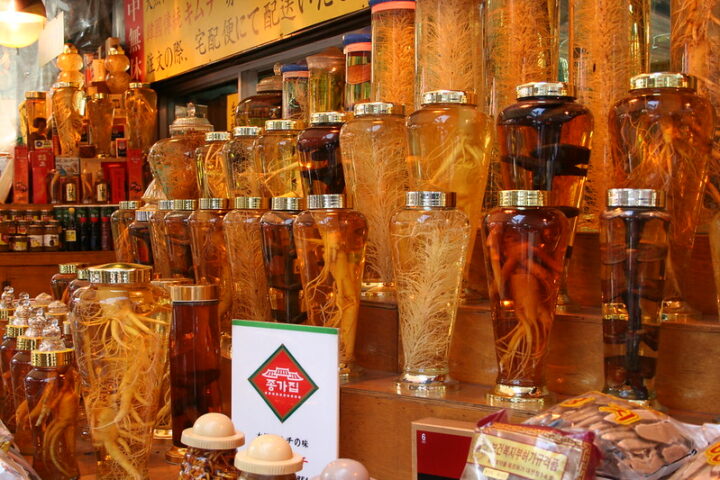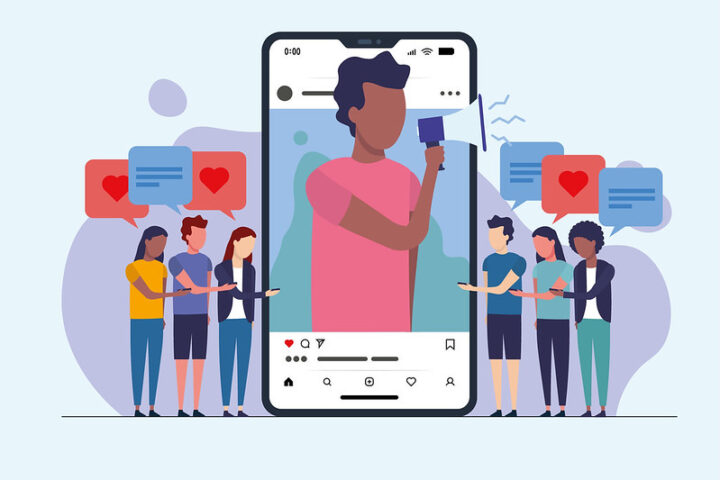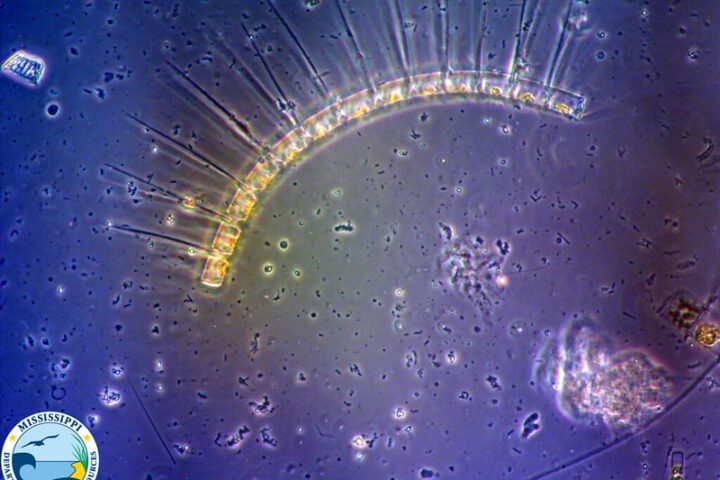Source: pexels-dario-solano-ultra-processed-food-addiction
New year resolutions never go as planned, do they? I think only a handful of the most determined people on this planet are able to make a new year resolution and go with it for a full year. I know I can’t! My new year resolutions, like most people’s, involves eating healthy and exercising regularly. While exercising regularly is something completely in my hands, can I really say that healthy eating is something I can control too?
A new headline about some new food scam or mishappening is seen in the news every now and then which is making it increasingly difficult to consume anything from the market. Many health-conscious influencers, dieticians, pediatricians, and doctors try to spread awareness but their teachings mostly fall on deaf ears. Consumers eat the most outlandish stuff ever without blinking an eye.
What are ultra-processed foods?
Minimally or completely unprocessed foods are whole foods which haven’t been tampered with- the minerals and nutrients present in the food are left intact, and the food is completely natural.
On the other hand, processed foods involve changing a food from its natural state to another- the new one is created by adding salt, oil, and sugar. The ingredients are added to increase flavor and, in some cases, the shelf life of the product. Processed food is also either highly processed or ultra processed. The former is created by adding ingredients, while the latter is made by using extracted substances from foods. This means that fats, starches, and hydrogenated fats, which are extracted substances, are used to make ultra processed foods. If you like eating soft drinks, frozen meals, and packaged food, then, you are consuming ultra processed food.
If you want to identify ultra-processed foods, I can explain using some examples:
| Minimally processed | Processed | Ultra-processed |
| Potato | Baked Potato | French fries |
| Chicken | Rotisserie Chicken | Fried Chicken |
| Fruit Juice | Artificially flavored water | Soda |
| Sandwich | Flour | Hot dogs |
Risks
Needless to say, eating ultra processed foods has little to no benefits. It’s a good solution for people who are on a time crunch and don’t get to make fresh new food for themselves regularly. But other than this, there are only risks to worry about.
- Diets based on consuming ultra processed foods are sources of carbohydrates and fats with little to no percentage of protein gain. No protein gain could become an invitation for health conditions like obesity, high sugar, and high blood pressure.
- These diets aren’t good for the heart either and can lead to cardiovascular disease, coronary heart disease, and cerebrovascular disease.
- Reportedly, one in five deaths globally are caused by poor diet which often contains ultra-processed foods.
What is our concern?
Other than all of the risks mentioned above, researchers are curious about one thing- why can’t we stop eating ultra processed foods even after learning about the disadvantages? Will we ever stop?
A study was conducted on 20 adults at the National Institute of Health, Maryland, where they spent two weeks eating ultra-processed foods and the following two weeks eating non-processed foods. The nutrient levels for both diets were kept the same and the volunteers had the freedom to eat as much and as little as they wanted. The results were astonishing: about 500 more calories were consumed per day during the first two weeks in comparison to the last two. The participants had lost about two pounds after the end of the non-processed diet weeks. This directly pointed towards the calorie intake and weight gain. But there was no answer to the previous question- why are we eating it in the first place?
One good theory is that our brains might get triggered into thinking we have won a reward or something after we eat combinations of nutrients like fats, sodium, sugars, and carbohydrates. Another theory is that you might be feeling hungry even after eating a lot of such food because of its low-calorie count. It isn’t filling, so your brain might continue eating because it doesn’t feel satisfied.
But these are theories. And like I mentioned, we still haven’t come anywhere near understanding why these foods attract our interest like magnets. It might be difficult to stop eating entirely, but we don’t need to do that, right? Small steps and steady goals are more than enough to adopt the perfect diet.
Resources
- https://www.facebook.com/bbcnews. (2024, July 28). Why we might never know the truth about ultra-processed foods – BBC News. BBC News; BBC News. https://www.bbc.co.uk/news/articles/cpe3pppw1z7o.amp
- Godman, H. (2024, June). More evidence that ultra-processed foods harm health – Harvard Health. Harvard Health; Harvard Health. https://www.health.harvard.edu/nutrition/more-evidence-that-ultra-processed-foods-harm-health
- Wilde, P. (2024, March 4). Ultra-processed foods: largest ever review shows many ill effects on health – how to understand the evidence. The Conversation. https://theconversation.com/ultra-processed-foods-largest-ever-review-shows-many-ill-effects-on-health-how-to-understand-the-evidence-224806
- Why, Exactly, Are Ultraprocessed Foods So Hard to Resist? This Study Is Trying to Find Out. (2024). The New York Times. https://www.nytimes.com/2024/07/30/well/eat/ultraprocessed-foods-diet-study.html

















